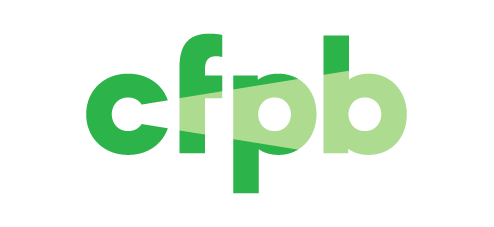President Biden has nominated Federal Trade Commission (FTC) Commissioner Rohit Chopra to serve as Director of the Consumer Financial Protection Bureau (CFPB).
While Chopra is still awaiting confirmation by the U.S. Senate, CFPB Acting Director Dave Uejio has already signaled that new priorities and increased oversight will be a priority for the new administration. In a letter to staff, he plainly states that “over the coming weeks, we will be reversing policies of the last administration that weakened enforcement and supervision.”
Certainly, a change in focus is to be expected whenever a new administration takes control. Therefore, it’s critical for lenders and financial institutions to pay close attention to the specifics of new regulations and ensure that their regulatory compliance functions are ready for the changes.
What will the focus areas be for Chopra’s CFPB?
Pandemic Relief:
Many consumer experts and former CFPB officials have publicly commented that the COVID crisis will be the bureau’s top priority. This lines up with Uejio’s letter to staff, in which he indicates that that the CFPB is likely to enforce the consumer protection provisions of the CARES Act, saying that the agency “will take aggressive action to ensure that regulated companies follow the law and meet their obligations to assist consumers during the COVID-19 pandemic” and that “violations of law during this time of need will not be tolerated.”
Whether your customers are homeowners, car buyers, or credit-card users, it’s time to ensure that your practices are in-line with the CARES Act and other federal relief legislation.
Debt Collection:
Chopra has been vocal about debt collections practices, commenting in November 2020 that “when debt collectors engage in illegal conduct, this harms families and their honest competitors.” Most experts, including myself, expect debt collections to be a focus of the new administration, so it is imperative to closely review your practices.
However, Chopra has also signaled a balanced approach that supports appropriate debt collection practices, saying that he wants to ensure “those debt collectors who refrain from using abusive debt collection practices are not competitively disadvantaged.” I see this as a good sign for the majority of debt collectors who act within the confines of the law.
I look forward to learning more about Chopra’s position on CFPB rules that debt collectors will need to consider for managing their communication attempts. We will cover this in more detail once these rules are more formally laid out.
Large Financial Institutions:
As FTC Commissioner, Chopra has been a consistent advocate for strict enforcement actions against large financial institutions, often viewing settlements as too lenient. He has been a longtime critic of the dangers of monopolization, pointing out the power disparity of large companies compared to smaller businesses and the consumer-at-large. According to the Washington Post, experts expect Chopra “to use the agency’s enforcement authority to fundamentally shake up how big businesses interact with consumers where he perceives widespread abuse.”
Fair Lending:
Under former CFPB Director Kathy Kraninger, fair lending enforcement was viewed as subdued, with only one enforcement action during her tenure. Chopra, on the other hand, has advocated for fair lending, with a particular focus on eliminating discriminatory practices. Furthermore, in his letter to staff, Uejio was crystal clear in saying “fair lending enforcement is a top priority and will be emphasized accordingly.”
There’s never a bad time to carefully review all lending, customer service, and collections practices. However, when there is leadership change at regulatory bodies such as the CFPB, it’s absolutely time for this review.
It’s also time to ensure that you have the in-house resources or a solid partner with the expertise to guide you through these changes.
For more information about Servicing Solution’s solid foundation of compliance, please click here.


